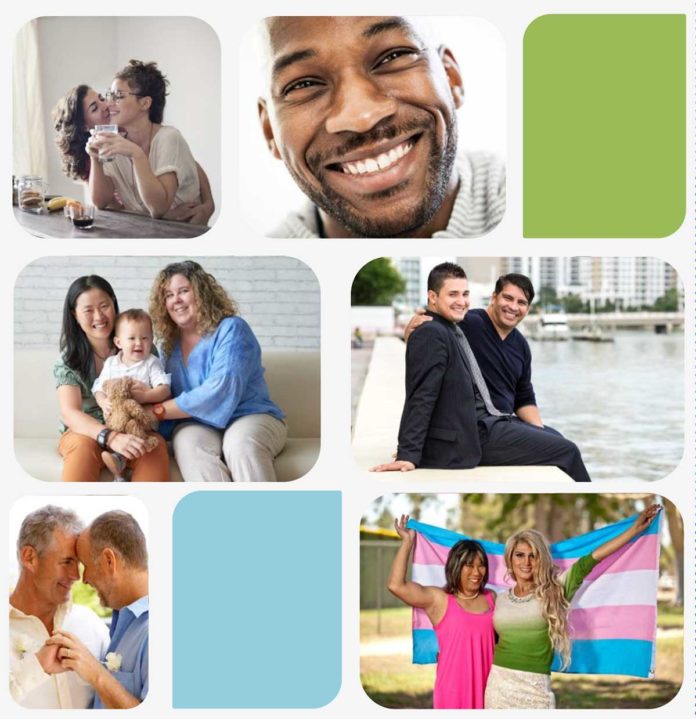Every year, PGN asks its readers to participate in the Community Marketing Insights Survey. It’s the largest survey of LGBTQ media consumers in the country. This year, 17,230 people from the U.S., took part and answered questions ranging from their taste in entertainment to their taste in politics.
Across the range of those surveyed, including cisgender gay and bisexual men and women as well as transgender and nonbinary people, companies including Target, Apple, Starbucks, and Subaru were ranked as having shown the most authentic support for the LGBTQ community. Another company, TomboyX, was also ranked very highly by cisgender women and transgender/nonbinary participants. (TomboyX produces gender and size-inclusive underwear.)
And how does a company best show that it is LGBTQ-friendly? Respondents believe that the best ways are to advertise in LGBTQ media, sponsor an LGBTQ event and donate to LGBTQ organizations.
But where the survey gets truly interesting is how people responded about politics. Among all LGBTQ people, 59% view themselves as liberal and 41% view themselves as moderate. When asked if they feel anxiety about the upcoming election, 63%, about the same amount as those who identify as liberal, said their anxiety is significant. Despite how we are portrayed in the media, it’s illogical to assume that all LGBTQ people are liberal and guaranteed Demoractic voters. The survey is one indication of that.
Those statistics are a warning to Democratic candidates who assume the LGBTQ community will vote for them no matter what. Candidates who want LGBTQ support need to care about what the community values, which the survey also asked about.
The issues that matter most to LGBTQ people, across the board, are healthcare quality, LGBTQ equality and protection of democracy. When broken down by gender, more cisgender women and transgender participants cared about racial discrimination (91% and 87%, respectively) than cisgender men (78%). Same for women’s issues and reproductive rights, where the dropoff from women and transgender people to men is significant (93% to 66%).
And what should the LGBTQ movement focus on in the future? All demographics said supporting LGBTQ youth is the top priority. But beyond that, there are some stark differences between what people want. 85% of transgender people believe supporting transgender rights should be a priority, but only 51% of cisgender women and 41% of cisgender men believe the same. Another sharp difference is supporting HIV education, which half of cisgender men believe should be a priority, compared with 38% of transgender people and 24% of cisgender women.
Perhaps the most obvious divide in the survey was between LGBTQ millenials and baby boomers. When it came to priorities for the LGBTQ movement, both groups prioritized LGBTQ youth as the most important issue. But regarding the second most important issue, baby boomers want to expand LGBTQ senior care, and millenials want greater racial equality. Boomers, by contrast, ranked supporting racial equality seventh and millennials ranked expanding senior care twelfth, almost near the bottom of the list. (Perhaps when those millennials become seniors themselves, they’ll change their mind.)
One final bright spot of the survey is that 93% of all respondents said they will vote in the primary election, which is much higher than the 58% of Americans who voted in 2016. Therefore, LGBTQ voters are more valuable than most, because we actually turn out to vote. So the next time a politician, or anyone, says that our vote doesn’t matter because we’re a small segment of the population, you can give them that statistic.
Surveys such as CMI are valuable not just to show what our community cares about, but to show that we are, still, a large, thriving group whose voice matters in politics, business, and consumer culture. As the early activists understood, visibility is everything. Our community is visible. And we’re not going anywhere.
